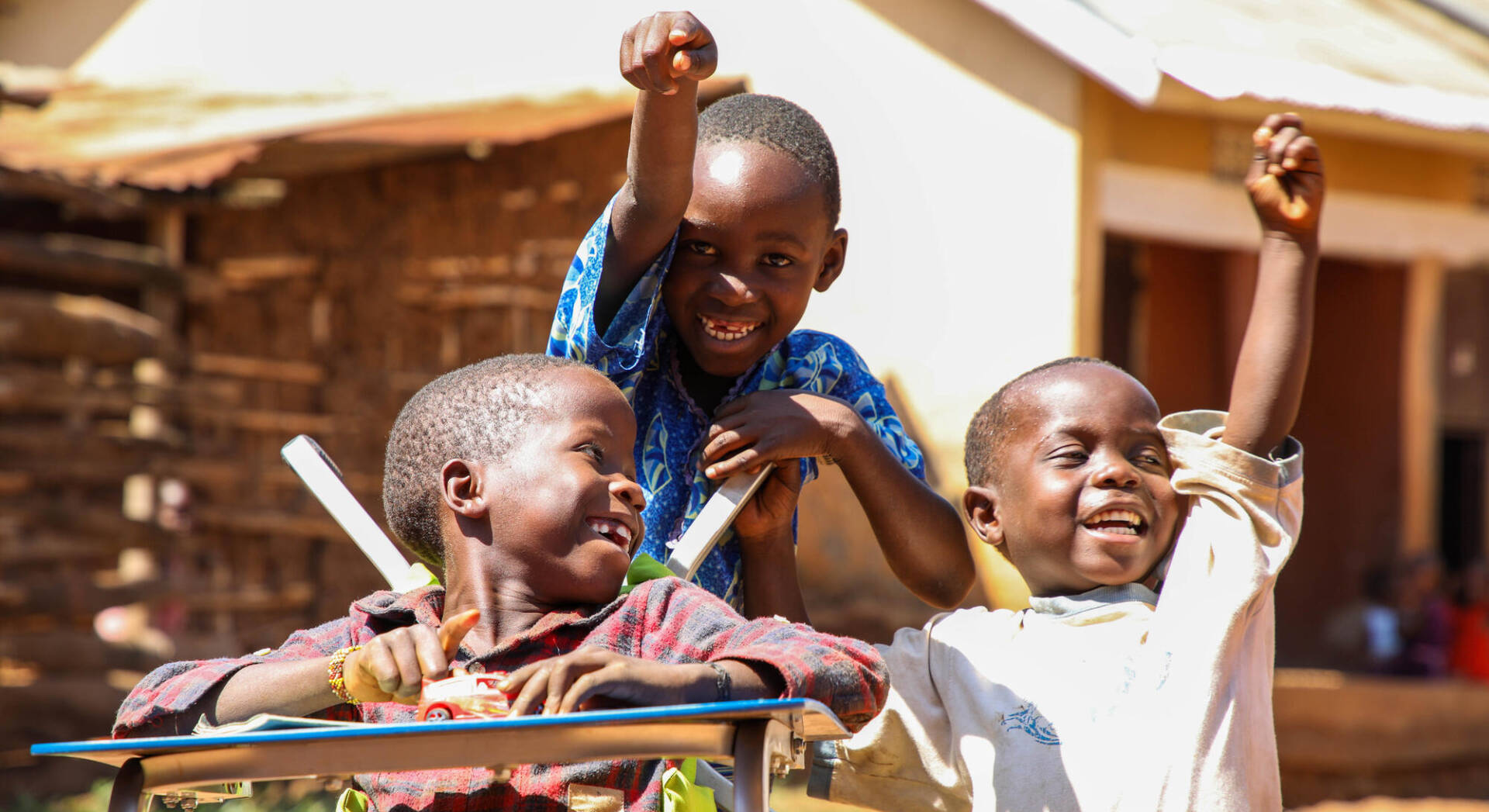As we are each created in God’s image, we all deserve to be seen, heard, and loved. For our voices, opinions, and ideas to be valued. To know that, as children of God, our contributions to the world are worthy. But people with disabilities are often hampered by poor services, stigmas, and systemic inequalities throughout the world.
In comparison to children without disabilities, children with disabilities are:
- 51% more likely to feel unhappy
- 32% more likely to suffer severe physical punishment in their home
- 34% more likely to be stunted (impaired growth and development)
- 53% more likely to have symptoms of acute respiratory infection
- 49% more likely to never have attended school
We know that in the areas where World Vision works, inequality margins are even greater. We are therefore committed to closing the gaps by addressing the needs of the world’s most vulnerable — and the barriers to equal treatment and quality of life.
As we look ahead, we reflect on stories of hardship and triumph, big wins and small that have been made possible through our disability inclusion models.
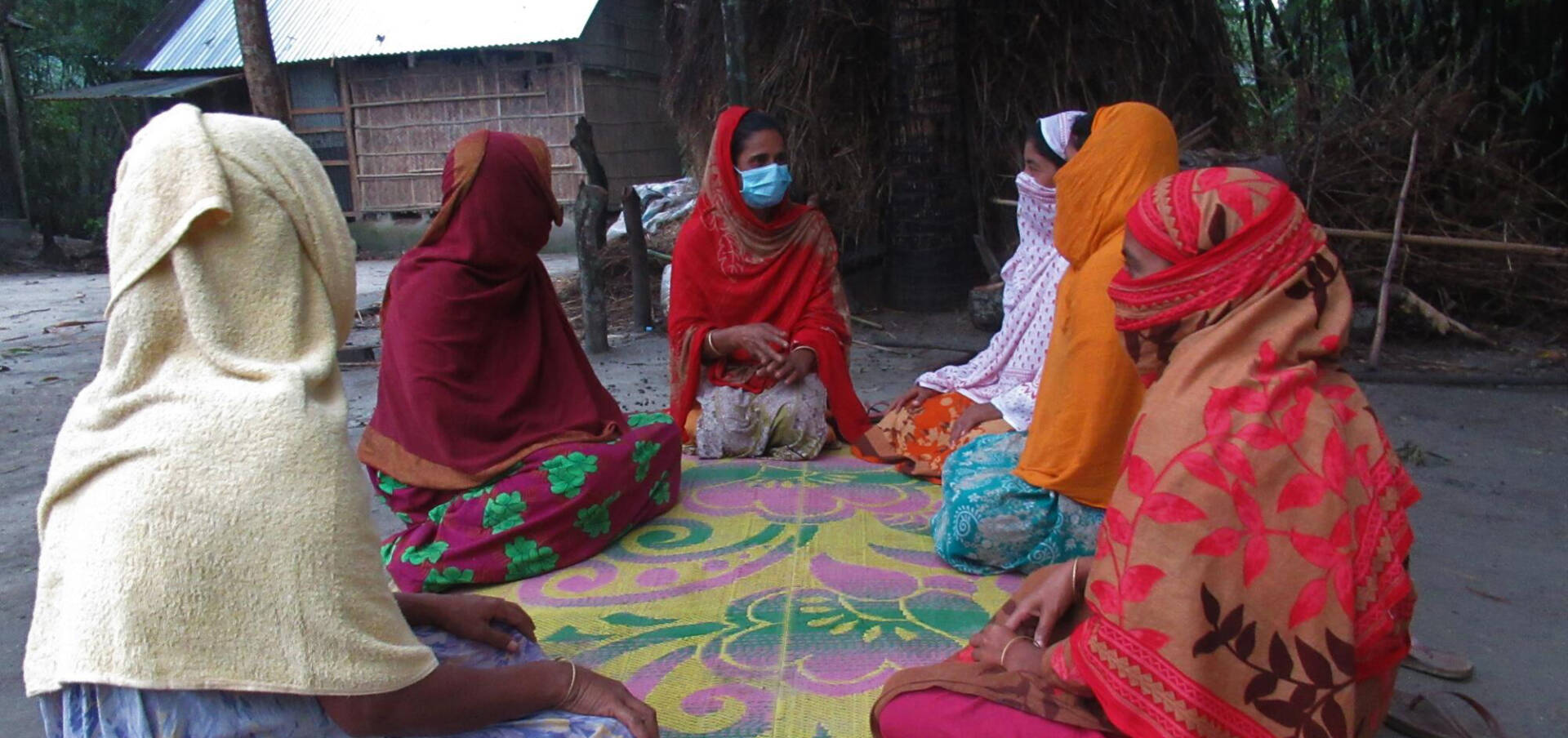
Bangladesh
Hamida, 42, believed she was a burden on her family and society. The mother of three was born with a physical disability in her left leg. With financial struggles and no community support, Hamida felt marginalized. She joined a World Vision initiative that empowers women who have a disability to promote water, sanitation, and hygiene practices. Hamida’s community in Bangladesh still believed she would not succeed.
They underestimated her. Day by day, Hamida spoke with teenage girls and their mothers about menstrual health. Over time, the community’s perspective changed, and stigmas toward people with a disability subsided. Hamida shares that people used to call her “lame” or “crippled,” and now they refer to her as “sister” or an honored aunt.
Prodip Kumar Sarker, a local World Vision staff member, says Hamida didn’t let her physical disability keep her from having an impact on her community “through her dedication and commitment to do something.”
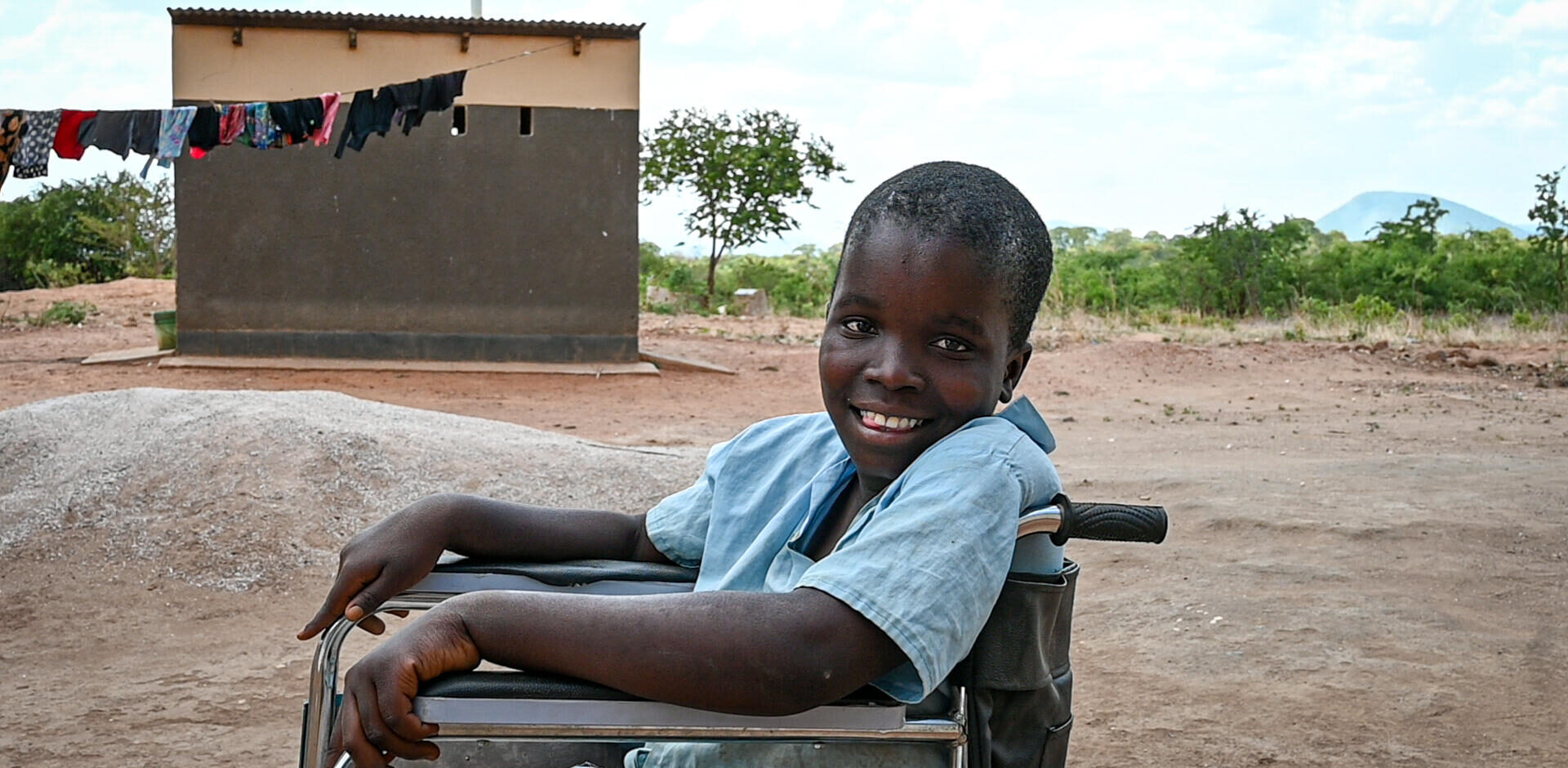
Zambia
Before World Vision installed disability-friendly sanitation and hygiene facilities in 13-year-old Mary’s town in Zambia, Mary depended on her mother’s help each time she needed to use the restroom. Through new facilities and the provision of a wheelchair, Mary’s mobility has improved.
“I thank World Vision for all the support they have been giving me, because they have made my life easier than I had ever imagined,” says Mary. “And I pray that they continue helping children like me in different communities.”
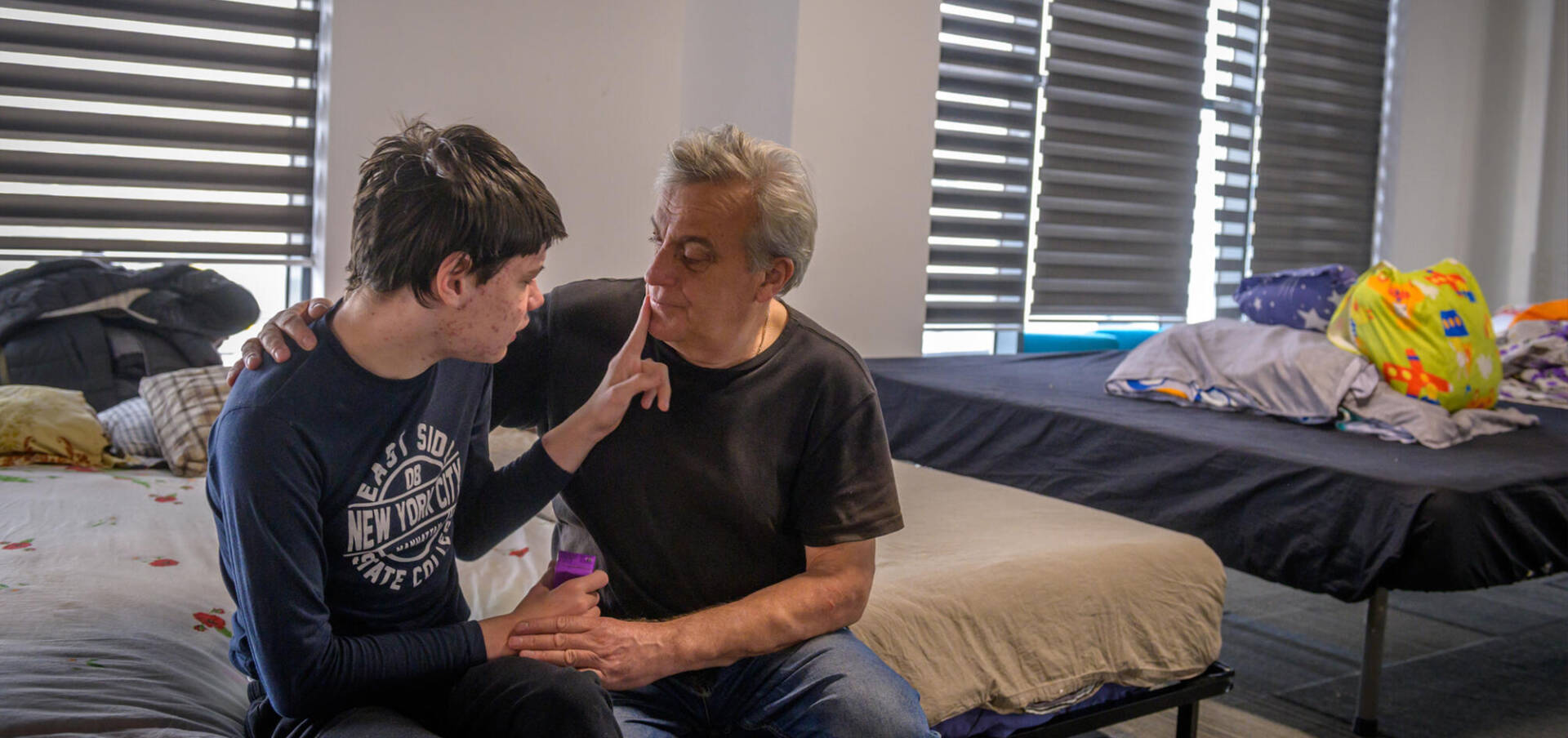
Romania
Bogdan and his family are among the more than 5 million Ukrainians who have been forced from their homes since Russia’s invasion. The 16-year-old fled southern Ukraine with his father, Vladimir, and sister Tatiana, entering Romania on March 14, 2022. Bogdan has a physical disability, which made it more difficult to move swiftly as they fled.
After crossing the border, Bogdan and his family sought shelter at a temporary refugee center in Iasi, Romania. The former office building is now a safe place for refugees to rest after perilous journeys.
World Vision helps refugees like Bogdan and his family at this center by providing child protection training, upgrading sanitation measures, providing hygiene kits, and covering costs for laundry services as well as utility costs for three months.
In crisis situations, where children with disabilities become even more vulnerable, World Vision’s work prioritizes keeping them safe and cared for.
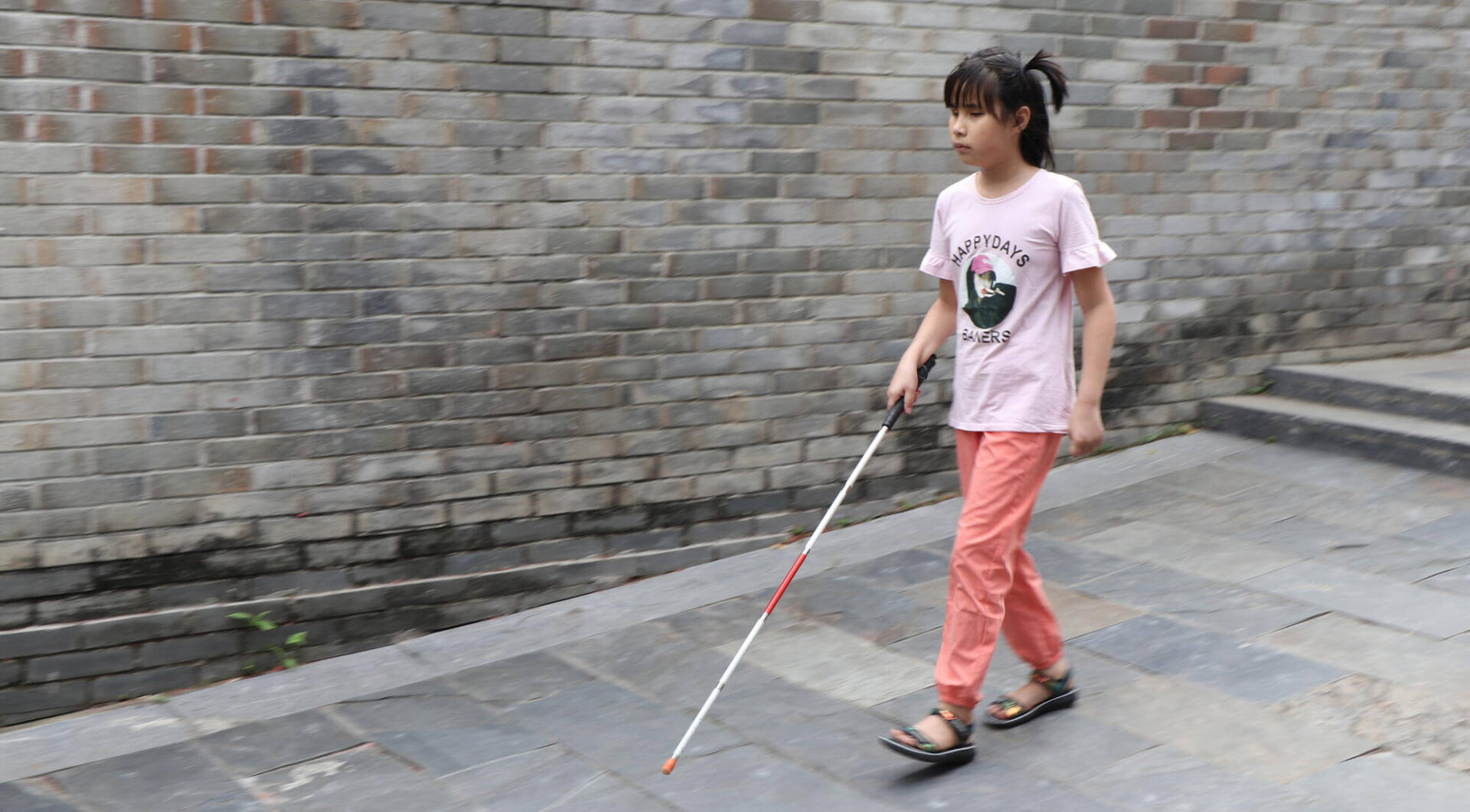
China
When 12-year-old Xiaobing lost the support of her special education school in China, she joined a center that supports visually impaired people like her. World Vision partners with this center, and it was there that teachers helped Xiaobing acquire practical skills to live autonomously. Through her studies, Xiaobing was a full-time resident at the center and only visited home on holidays. Previously, she lived with family who took care of her every need which, though a loving effort, held Xiaobing back from becoming self-reliant.
Xiaobing is now able to cook by herself and eat with utensils. She has learned Braille, environmental awareness while walking, personal care, and ways to complete household chores safely. Xiaobing even writes poems, and her confidence has boosted with her ability to take care of herself.
Uganda
Eight-year-old Isma gained the ability to move freely with his new wheelchair, which was provided by World Vision. Studying, playing with friends, and everyday tasks in his Ugandan home became easier.
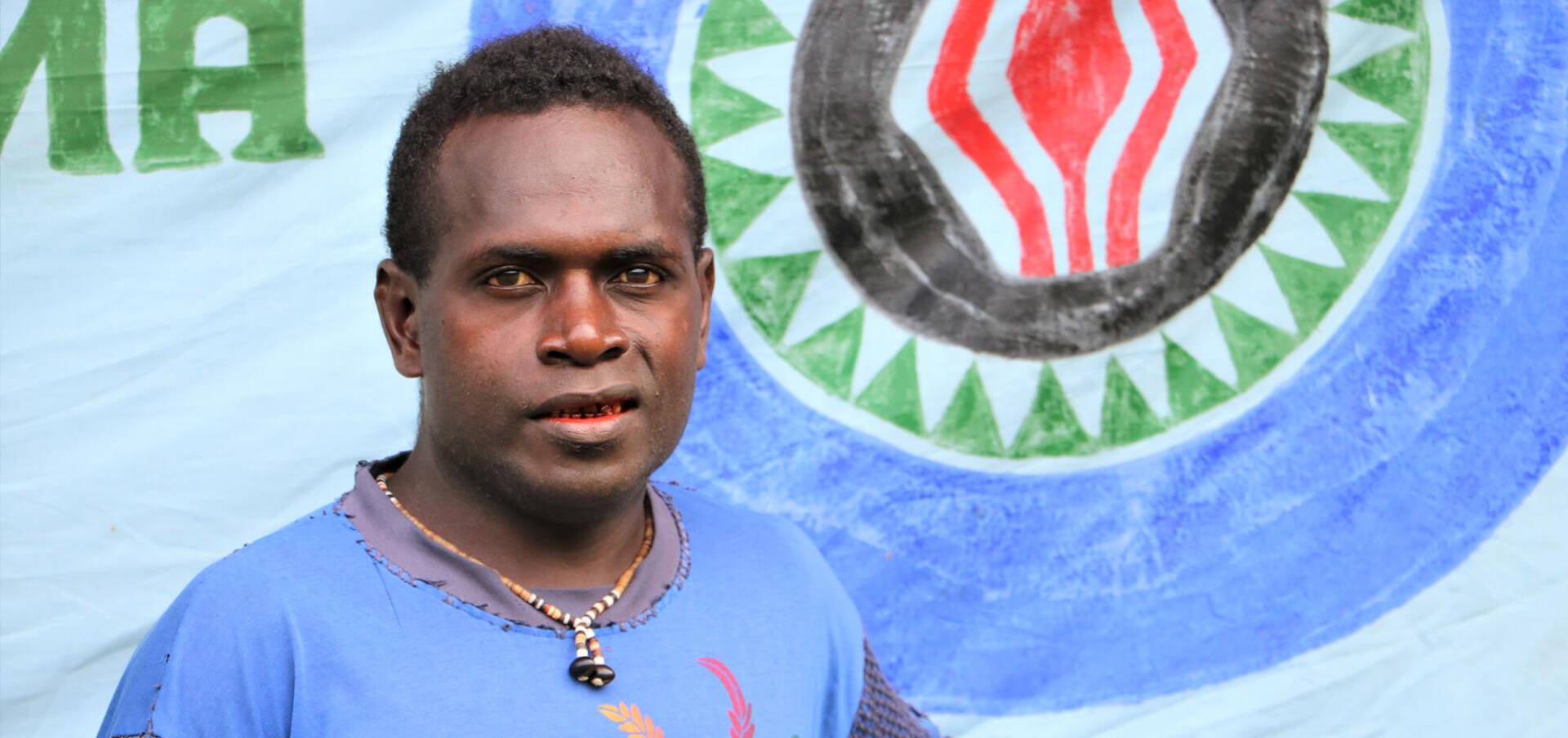
Papua New Guinea
In Papua New Guinea, George leads his community to help keep them safe. He is deaf and acts as a motivator under a World Vision project to equip people with improved water, sanitation facilities, and hygiene practices. Though unable to speak, George uses sign language and hand motions to convey safe practice messages to others.
His mother, Agnes, shares, “My son is always pushing us in the community to live healthy and for our community (to) always be clean.”
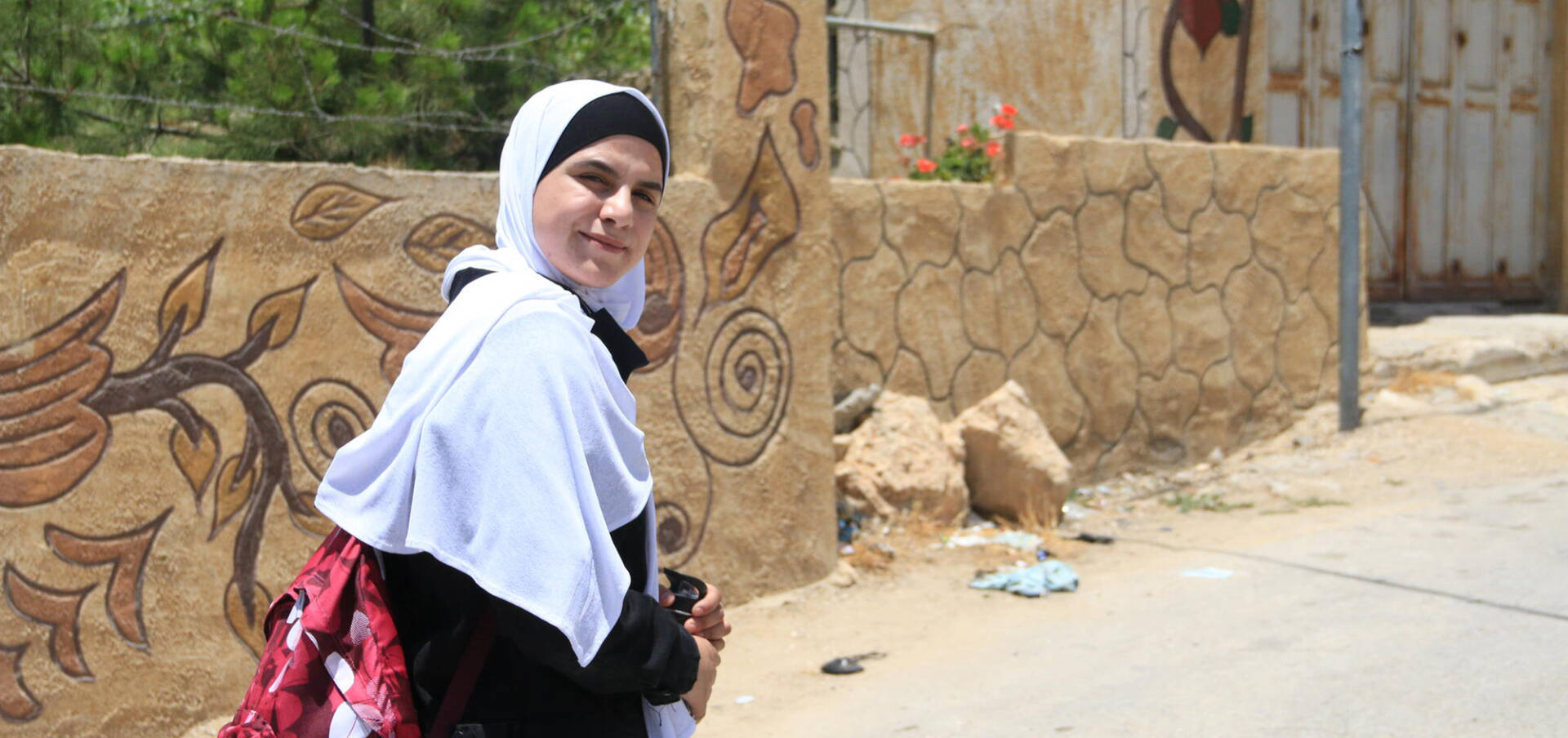
Middle East
After a cancerous mass resulted in amputation, Tuqa began adapting to life with a prosthetic leg. She plunged from a high-spirited, social butterfly into a place of self-induced isolation. Despair seeped in as Tuqa navigated a new approach to life, but her dreams were bigger than the surrounding darkness.
Tuqa’s friends nominated her to join World Vision’s Children’s Committee for Protection and Advocacy, which raises awareness and advocates for children’s rights. Tuqa’s inner spark was lit once more as she learned to lift her voice. In a speech to children with disabilities, Tuqa shares, “Look around you, the world gives us a lot of space to live in. Spread your hands and take advantage of the opportunities available to you in your schools, homes, and on the streets.” She continues: “Live with your bodies as they are, and whatever your disability, you can achieve a lot and reach the highest.”
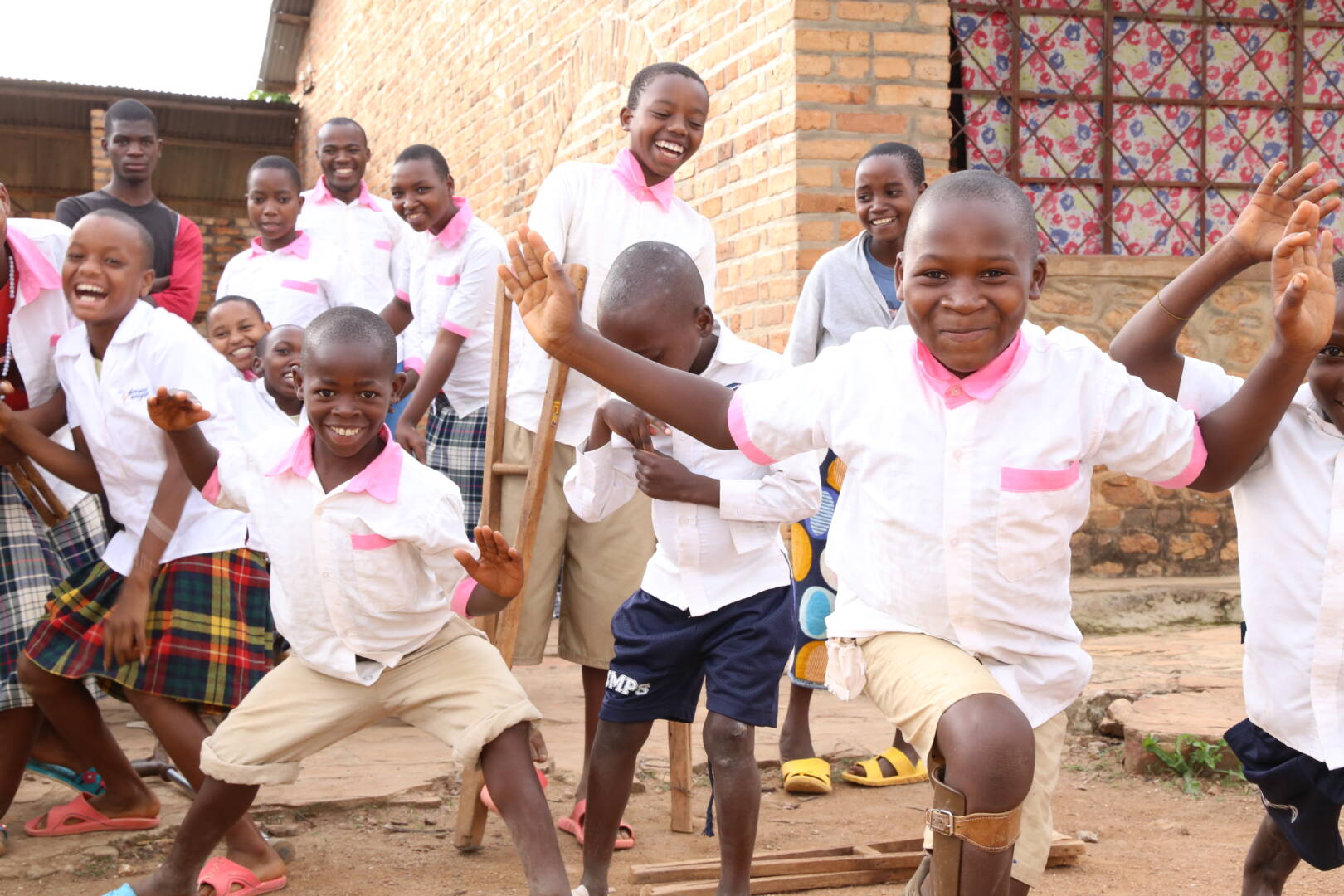
Continued commitment
World Vision attended the Global Disability Summit in February 2022. We committed to train all program staff on disability inclusion in each community where we work. By partnering with persons with disabilities, organizations of persons with disabilities, governments, and non-government groups, we’ll work together to ensure equal access and opportunities for disabled persons in all our program work.
World Vision is committed to empowering children and adults with disabilities to fully participate in their communities and take on leadership and decision-making roles. We will use disability-disaggregated data to ensure we are working with boys, girls, men, and women with a disability and that they are each able to achieve the same outcome as others. We also aim to increase the number of children with disabilities in our long-term development programs by more than five times by 2026.
